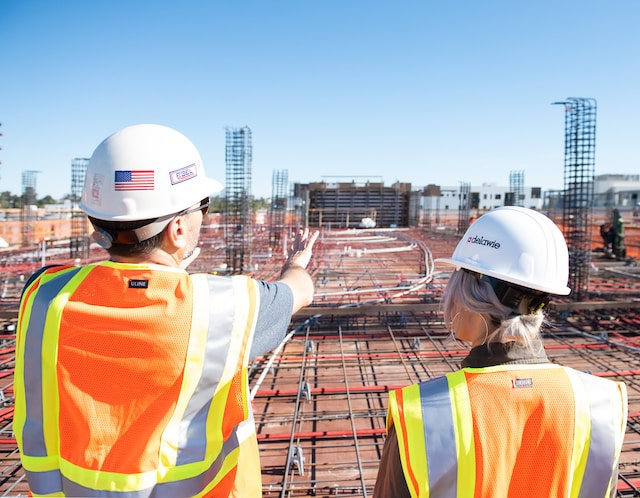In today’s fast-paced world, individuals often encounter high-stakes decision-making scenarios that can have a profound impact on their lives. Whether it’s choosing a career path, making financial investments, or navigating complex relationships, the ability to make sound decisions under pressure is crucial. This article delves into the psychology behind high-stakes decision-making, examining the interplay between rationality, emotions and analytical thinking.
As you explore the intricacies of high-stakes decision-making, remember that informed choices are essential, whether in life or when engaging in activities like Betway sign up for online gaming experiences.
The Role of Rationality and Emotions
High-stakes decision-making often involves a delicate balance between rational thinking and emotional responses. While rationality suggests decisions should be based on logical analysis and facts, emotions can heavily influence perceptions and choices. Under stress, the brain’s amygdala, responsible for processing emotions, can override the prefrontal cortex, affecting rational decision-making. Just like in poker, where analytical thinking is paramount for success, individuals in various contexts must navigate uncertainty and risk to achieve positive outcomes. Understanding this interplay is crucial in managing emotions effectively during critical decision-making moments.
Navigating Cognitive Biases
Cognitive biases can significantly impact decision outcomes in high-stakes situations. Biases such as confirmation bias, where individuals seek information confirming their existing beliefs, can lead to skewed decision-making processes. Awareness of these biases is vital, as they can limit objectivity and hinder creative problem-solving. By actively challenging biases and considering diverse perspectives, individuals can make more informed and objective decisions.
Analyzing Choice Framing and Risk Preferences
The framing of choices plays a pivotal role in high-stakes decision-making. Research has shown that how a decision is framed can influence risk preferences. For instance, framing a decision as a potential gain versus a potential loss can elicit different risk-taking behaviors, even with identical probabilities. Understanding these framing effects can help individuals make decisions aligned with their goals and risk tolerance levels.
Individual Differences and Decision-Making Styles
Individual characteristics and experiences also shape how people approach high-stakes decisions. Personality traits such as openness to experience, conscientiousness and tolerance for ambiguity can influence risk-taking tendencies. Additionally, past experiences and cultural backgrounds contribute to diverse decision-making styles. Recognizing these differences can foster better collaboration and decision-making within teams and organizations.
Leadership and Decision-Making in Organizations
In organizational settings, leaders frequently encounter high-stakes decisions that have a profound impact on not only the entire team or company but also on stakeholders and the broader community. Effective decision-making in such contexts necessitates a sophisticated blend of analytical thinking, emotional intelligence and strategic foresight. Leaders who actively cultivate a culture of open communication, constructive feedback and continuous learning within their teams create an environment that is highly conducive to yielding better decision-making outcomes and fostering overall organizational success. This emphasis on a supportive and growth-oriented culture empowers team members to contribute diverse perspectives, challenge assumptions and collaboratively navigate complex decision-making processes, ultimately driving innovation and resilience within the organization.
Training for High-Stakes Environments
Training programs and simulations are valuable tools for honing decision-making skills in high-stakes environments. These initiatives provide opportunities to practice under pressure, simulate real-world scenarios and receive feedback to enhance decision-making capabilities. By investing in training and development, individuals and organizations can improve their decision-making processes and outcomes over time.
Closing remarks: Enhancing Decision-Making in High-Stakes Scenarios
In conclusion, the psychology of high-stakes decision-making is a complex yet fascinating area of study. By understanding the role of rationality, emotions, cognitive biases and individual differences, individuals can navigate high-stakes situations more effectively. Analytical thinking, as demonstrated in poker and other strategic games, underscores the importance of logical analysis and risk assessment in decision-making. By applying these insights and adopting a proactive approach to decision-making, individuals can make informed choices that lead to positive outcomes and long-term success in various aspects of life and professional endeavors.







